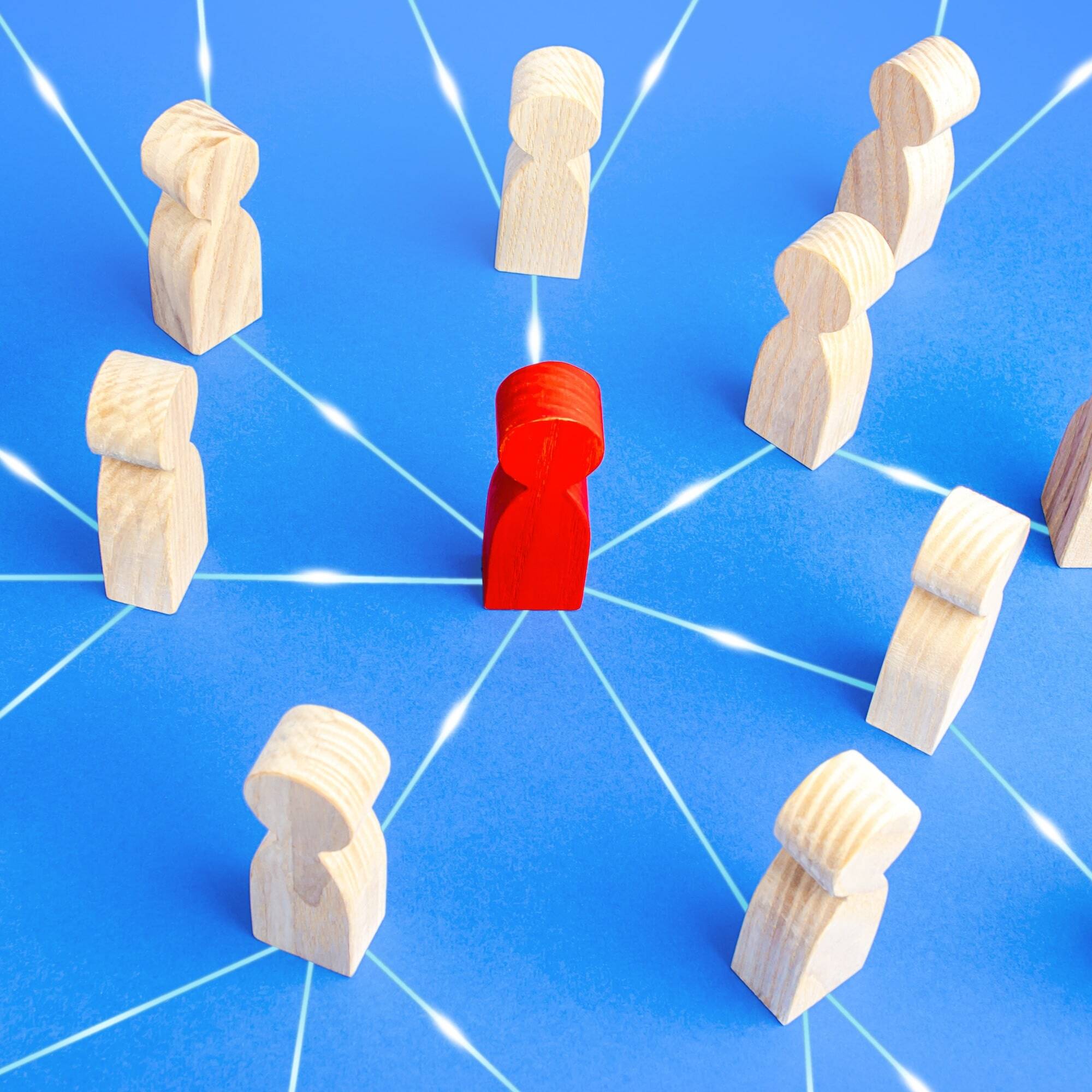In an ideal world HR professionals would have a massive budget to communicate new initiatives, launches, and important information to their employees. But let's face it: That's a rarity.
Most of the time, HR professionals work with a limited budget and need to get creative when it comes to building internal communications strategies.
At Reward Gateway we have helped more than 2,500 clients develop effective communication plans and we wanted to share four tips to help you when you have an important initiative to promote but a less than ideal budget.
Download our eBook on more ways to create great internal communications on a budget »
Here's how to get started:

1. Choose your partners wisely.
If you’ve purchased a service of some kind that you are promoting, whether that’s a new program based around wellness, learning and development, employee engagement or something else entirely, you've likely become well-versed in how it will help your business.
But you may not have gotten past that. Subject matter experts can lend some practical, tried-and-true advice on how to develop a communication strategy and help promote the new service you've just purchased.
As a Reward Gateway client, our team of implementation managers help clients from start to finish in launching thousands of employee engagement programs, and can help you build engagement - while keeping your bottom line intact.
2. Use existing communication channels.
When designing an internal communications strategy make sure to take stock of what channels are already available.
For instance, SmartHub® combines leadership blogs, video libraries and company updates all-in-one with its customizable features. These are great places to communicate to your staff for no money at all. Other no-cost ideas include chat systems like Google Hangouts, Yammer or social media sites. Recently, we even used Snapchat to debut one of our latest products at an all-hands staff update.
While it’s easiest to rely on what you already have to execute your communications strategy, if your company doesn’t have a Facebook page, Twitter, or an Instagram account consider setting one up.

3. Create some buzz.
Now that you have an idea of what types of channels you can use, try to create a buzz for what you are trying to communicate.
So how can you get people to feel engaged and energized from the start? Try creating a competition to name your new program, for starters.
Remember, sequencing the rollout of your perks program will be crucial to its success. Whether you decide to be social and design a scavenger hunt to reveal the new program (we've done it before!) or get creative with innovative, branded swag, keeping the buzz going throughout your campaign's launch is one of the most important pieces of the launch puzzle.
4. Engage leaders.
It’s critical to make sure the leadership at your company is on board with your internal communications strategy.
They are the ones who most often call meetings, plan agendas, and are responsible for projects being completed.
So naturally, they have the influence to communicate important information with impact. You can take time to speak with leaders one on one to ask them to get involved or even join an existing meeting.
Plenty of departments have standing meetings or calls and it can be easiest to jump in and talk to your staff about the important news.
Deciding to implement a new product is the first step, but it's just the beginning of a journey to better employee engagement. What other ways do you internally communicate new programs to your workforce?
This post was originally published in September 2015.




